Eight Humanities scholars receive Veni grant from NWO
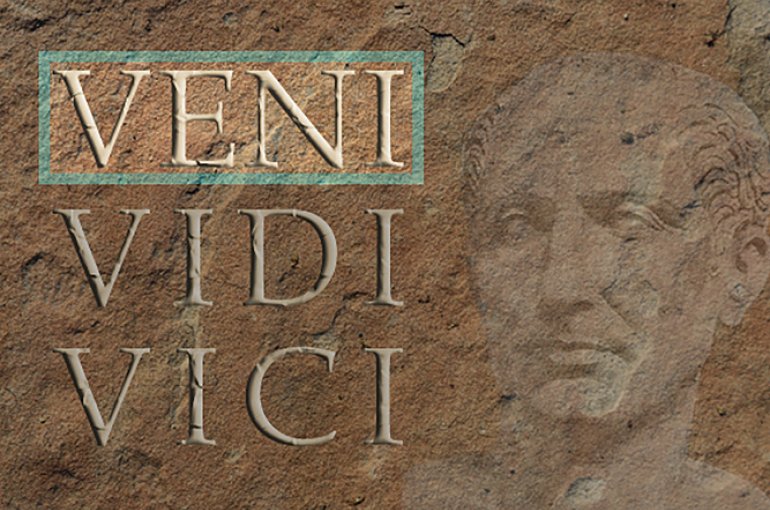
Eight researchers from the Faculty of Humanities who recently took their PhD have received a Veni grant from the Netherlands Organisation for Scientific Research (NWO). The young scholars each receive a maximum of 250,000 euros, with which they can work on a project of their own for the next three years.
In this round NWO has awarded a total of 158 grants, of which 30 grants go to researchers in Utrecht.
The awarded projects at the Faculty of Humanities:
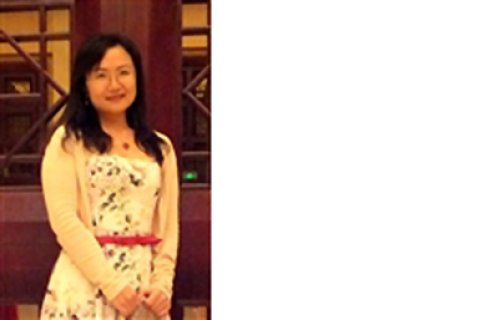
Interactive development of phoneme categorization and word learning ability, a comparison between typically developing infants and infants at familial risk of dyslexia
Ao Chen (Utrecht Institute of Linguistics OTS)
A crucial component of language acquisition is recognizing phonemes, sound units distinguishing word meaning. Acquisition of phonemes presumably depends on an interaction between categorisation and word learning. Ao Chen investigates this interaction in children with and without a familial risk of dyslexia to pinpoint developmental deviations of the at risk group.
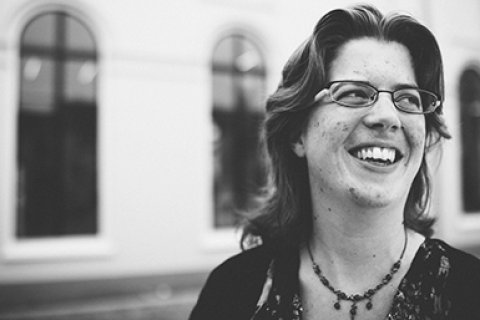
Can you help me, doctor?
Hieke Huistra (Descartes Centre)
Increasingly, people ask their doctors for help without being ill. They request, for example, eyelid corrections and Viagra prescriptions, but also assisted dying. This project studies patient requests surrounding birth and death in the twentieth century. Thus, it investigates how patients have influenced the medicalization of ‘natural’ life events.
Truth, Paradox and the Structure of Thought
Carlo Nicolai (Philosophy)
Science aims at the true: Our coherent use of the notion of truth is threatened by the so-called Liar paradox. The project will approach the challenges posed by the Liar from an innovative, unprecedentedly general perspective: it will yield new insights on the fundamental operation of adding a notion of truth to a structure.
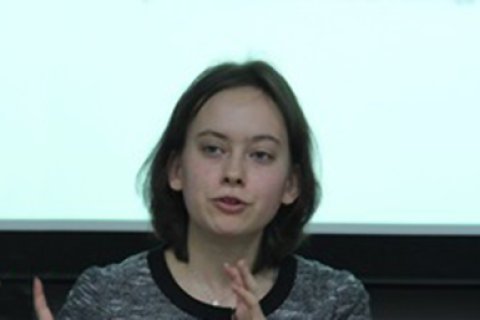
Defining ‘Europe’ in Medieval European Geographical Discourse: the Image of the World and its Legacy, 1110-1500
Natalia Petrovskaia (Utrecht Centre for Medieval Studies)
The researcher will show how the Image of the World, one of the most influential texts in European intellectual history which described the world as it was known (or imagined), contributed to the development of the idea of Europe.
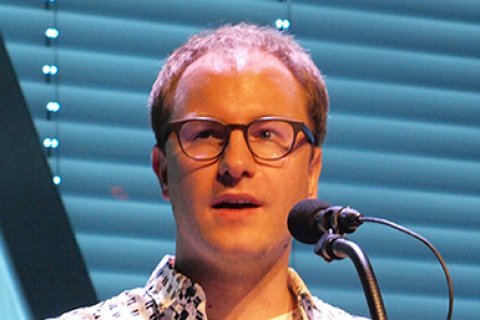
Notation Cultures in Contemporary Music
This project develops an innovative approach to music notation by comparing various notation systems in classical music, world music, popular and experimental music. Floris Schuiling investigates how these notations construct cultural identities, creative interactions between musicians, and ideas about the nature of music itself.
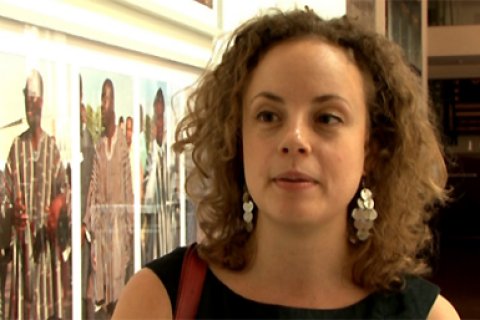
Faith in Jest: Humour and the Literature of the English Reformation
Lieke Stelling (Utrecht Centre for Early Modern Studies)
Humour and religion are often seen as uneasy bedfellows, but the imaginative literature of the English Reformation abounded in jokes about contentious religious issues. This project investigates how humour made people feel strong in the face of religious anxiety and contributed to a more peaceful society.
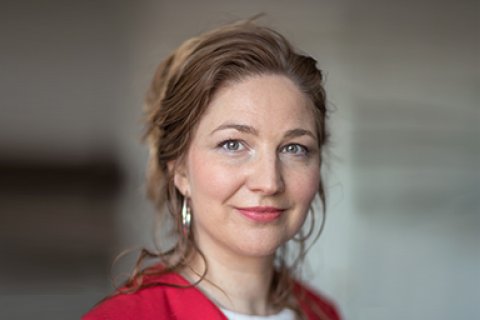
Truth-tellers: The mentality behind subversive speech behaviour in narratives in the first printed texts in Dutch (1450-1500)
Martine Veldhuizen (Utrecht Centre for Medieval Studies)
In the Middle Ages there was no legal ‘freedom of expression’, but that does not mean there was no room to criticize authorities. Stories from the earliest Dutch press with ´truth speakers´, which are characters who dare to go verbally against authority, give an insight into the mentality behind subversive speech behaviour.
The nature of naming and the naming of nature
Joeri Witteveen (Descartes Centre)
Shifting taxonomic perspectives can ‘decouple’ species-names from their species, resulting in a confusion of speech. Innovative nineteenth-century methods once averted this threat, but no longer satisfy the demands of today’s Big Data Biology. This historical-philosophical project demonstrates how we can learn from the past in addressing this new ‘Babylonian challenge’.

